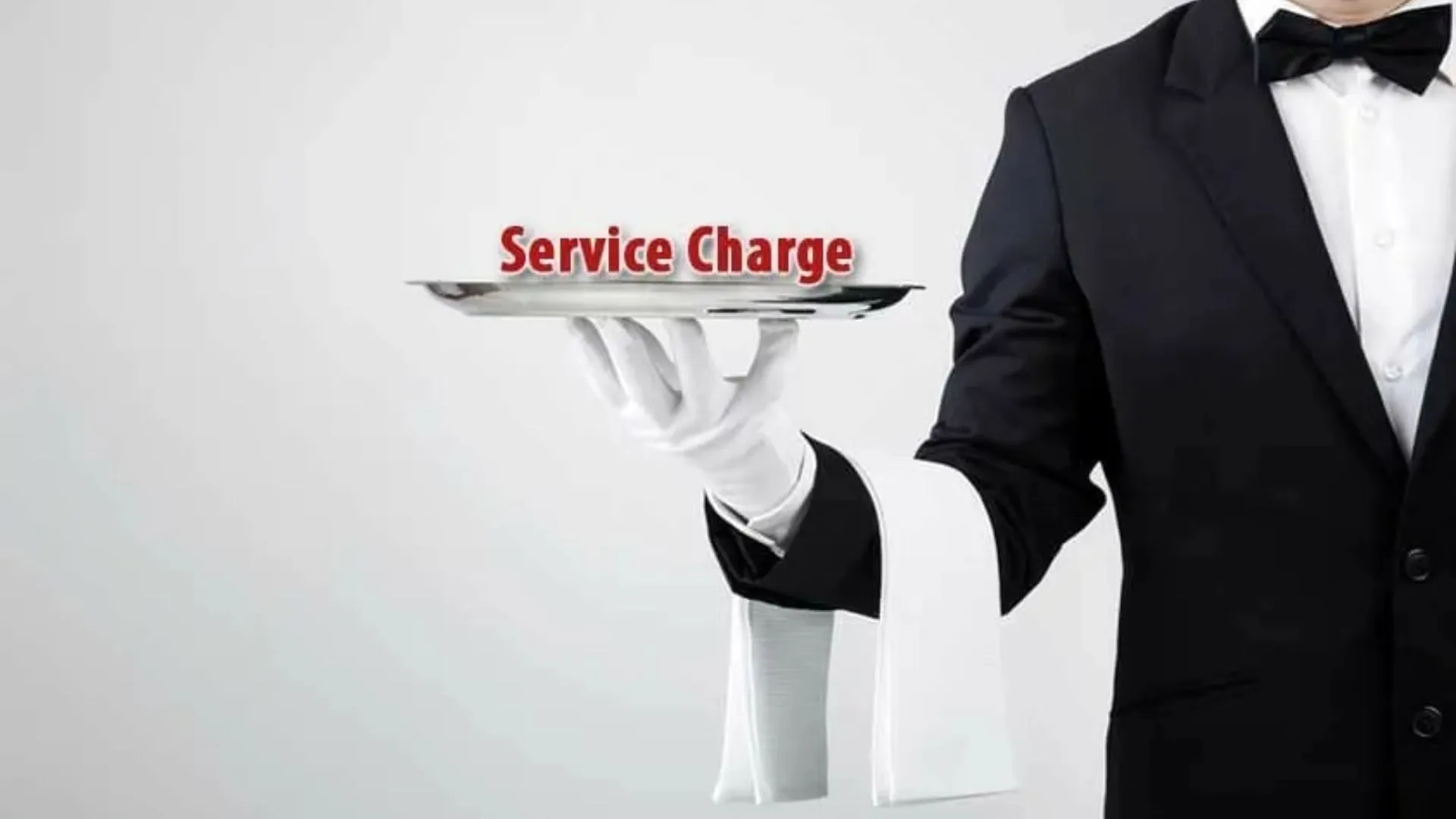Delhi High Court ruled on Friday that tips and service charges are discretionary payments made by customers and should not be charged by restaurants and hotels on the food bill.
Justice Prathiba M Singh dismissed two pleas by the Federation of Hotels and Restaurant Associations of India (FHRAI) and the National Restaurant Association of India, challenging the 2022 guidelines of the Central Consumer Protection Authority (CCPA) prohibiting automatic service charge levies. The court held that such charges were ‘violative of consumer rights’ since they constituted an unfair trade practice if automatically charged.
Here are the primary reasons for the judgment passed by the Delhi HC:
Coercive and Misleading Charges
The court held that service charges are imposed in a way that deceives consumers, who are able to mistake them as service tax or a government tax. Justice Singh noted, “In fact, for the consumers, the group of service charge is turning out to be a double whammy as they are compelled to pay service tax and GST on the service charge as well. This stance cannot be overlooked by the Court.”
She highlighted that the way service charges are concealed makes them an unfair trade practice under Section 2(47) of the Consumer Protection Act, 2019.
Unfair Contract
The court held that forcing customers to pay a service charge without choice makes it an unfair contract under Section 2(46)(vi) of the Consumer Protection Act, 2019.
Justice Singh explained that customers tend to unknowingly pay exorbitant bills when a high volume of food is ordered since service charges can be disguised in the fine print. Even if there is an assumed contract between the restaurant and customer, it would be deemed void because of the imbalance of power. “This is because consumers, at this scale, have little bargaining power against restaurant establishments as a class. The Court believes the above said class should be protected with the aim of achieving social and economic justice. The same belief also goes in line with Article 14 of the Constitution of India.”
Confusing Terminology
The court raised issue with the misleading terminology for the service charge, especially since the introduction of the service tax. Justice Singh observed that many restaurants use vague abbreviations such as VSV, S.Charge, or SRVCGH, making the public question whether the charge is from the restaurant or from the state.
She also stated, “The service charge which must be in the form of a tip or gratuity to the staff after having satisfactory service, has now been amended and converted into some sort of levy. Private premises cannot make such levies or even collect such levies. A mandatory mandatory levy is a sovereign function.”
While restaurants may price their menus at will, other hidden charges like service fees ought not to be imposed without transparency.
Unfairness
The court highlighted that mandatory service fees constitute a violation of consumer rights through higher food prices without transparent disclosure. Justice Singh noted, “In actuality, the instant the restaurant outlets make the customers pay service charge, there is a minimum increase of 10 to 15 per cent price of food items, which the consumer would not realize while going through the menu card.”. This is against the basic principles of fairness because the consumer has an unfettered right to know the exact price of the food items being purchased.
Rejection of Restaurant Associations’ Arguments
The restaurant associations argued that service charges had been factored into agreements between their workers and themselves. The court however rejected this argument stating it was lacking proof.
Justice Singh noted, “The contention that collection of service charge is part of agreements and settlements reached with the work force and labour, is also lacking in any substance in so far as when the court had directed the establishments to place on record any documents to support this contention, very little was forthcoming. Furthermore, settlements with labour and work force must be funded on the basis of revenue from the establishments and service charge cannot be warranted on the grounds that employees’ salaries or bonuses have to be settled.”
The Delhi High Court not only upheld the CCPA guidelines but also levied a fine of Rs. 1 lakh each on the FHRAI and the National Restaurant Association of India, directing them to deposit the amount in the name of consumers with the CCPA. The ruling gives importance to consumer rights, ensuring that any additional charges remain optional and not made mandatory as default.









